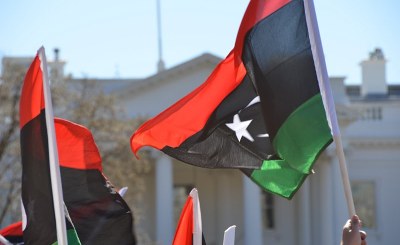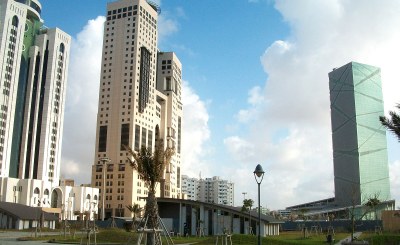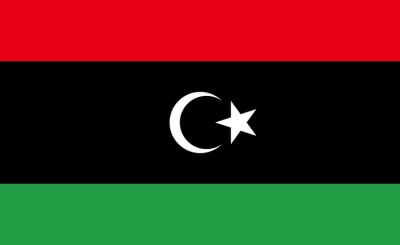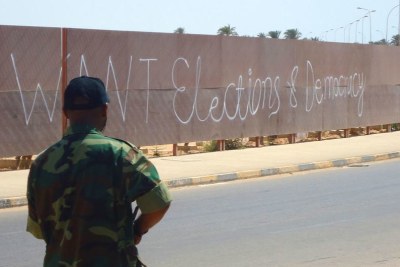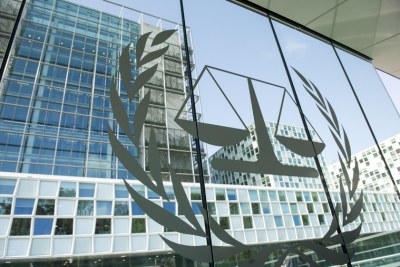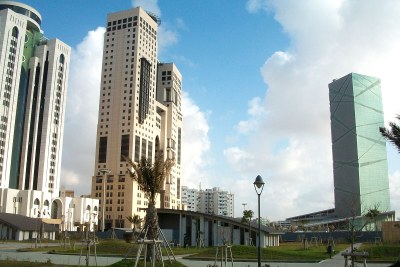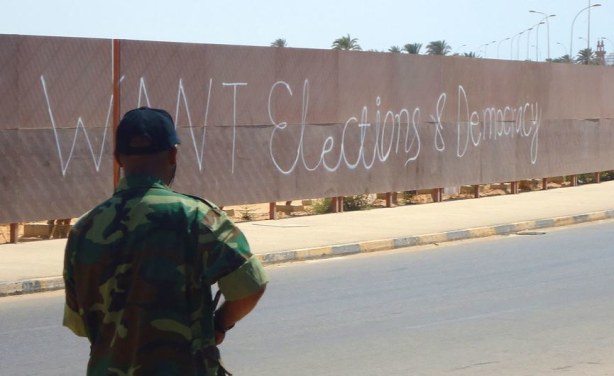-
Libya: A Decade Later, No End in Sight for Libya's Political Transition
The Conversation Africa, 25 January 2022
Two days before Libyans were to go to the ballots for a new interim president on December 24, the country's election officials finally admitted what had become obvious: the… Read more »
-
Libya: Libya's Interim Government Backed By Western Powers Despite Poll Delay
DW, 24 December 2021
On the day Libyans were scheduled to go to polls, Western nations have called on Libya to set a new date and finalize a list of candidates. Read more »
-
Tunis Afrique Presse, 10 January 2022
The resumption of the political process in Libya was at the centre, on Monday, of a meeting between Minister of Foreign Affairs, Migration and Tunisians Abroad Othman Jerandi and… Read more »
-
Libya: Unified Libya Will Come Only Via Ballot Box, 'Not the Gun', Security Council Hears
UN News, 24 January 2022
Libya is at a "delicate and fragile juncture in its path to unity and stability", the UN Political Affairs chief told the Security Council on Monday, urging the international… Read more »
-
Libya: Advisors Discuss Latest Developments After Elections Delay in Libya
Ghanaian Times, 5 January 2022
Special Adviser to the United Nations (UN) Secretary-General for Libya, Stephanie Williams, said she met with Libya's National Security Adviser, Ibrahim Bushnaf, on Monday to… Read more »
-
Libya: Why Elections Will Not Solve Libya's Deep-Rooted Problems
The Conversation Africa, 24 January 2022
Libya is poised to hold presidential and parliamentary elections this year but there are still many unresolved issues. Ongoing political turmoil has caused the elections to be… Read more »
No End in Sight for Libya's Political Transition
Two days before Libyans were to go to the ballots for a new interim president on December 24, the country's election officials admitted the first-round vote would not take place citing legal, logistical and security issues.
The December vote would have coincided with country's 1951 independence date. Its aim was to bookend an internationally led peace process by electing a new interim government acceptable to a majority of Libyans.
Whether elections will be able to seal the breach in the Libyan polity remains an open question. Two leading observers of the Libyan crisis argued in early December that the proposed elections would likely perpetuate the conflict by simply shifting the terrain of struggle from military operations to political institutions.
Libya's current civil war emerged in 2014 following divisive elections for a new interim authority. In the wake of the 2011 armed uprising that ousted the longstanding regime of Muammar Gaddafi, the political, economic, and security challenges confronting Libya's transitional leaders proliferated beyond their control.
An equivocal election in 2014 was marred by low turnout and implacable spoilers. This is precisely what triggered Libya's descent in civil war seven years ago.
The predicament now facing the UN peace process in Libya is how to transform the current situation into a peaceful endgame. A resumption of large-scale armed hostilities is a possibility but seems unlikely writes Jacob Mundy for The Conversation Africa.
InFocus
-
Libya's presidential election, scheduled to take place on December 24, 2021, has now been called off, Deutsche Welle reports. Lawmakers on the committee overseeing t Read more »
-
Despite facing two counts of crimes against humanity, murder and persecution at the International Criminal Court (ICC), allegedly committed in 2011 in Libya, Saif al-Islam Ga Read more »
-
The U.N. Security Council has threatened to impose sanctions against those wanting to scupper Libya's presidential and parliamentary elections that is scheduled for D Read more »
